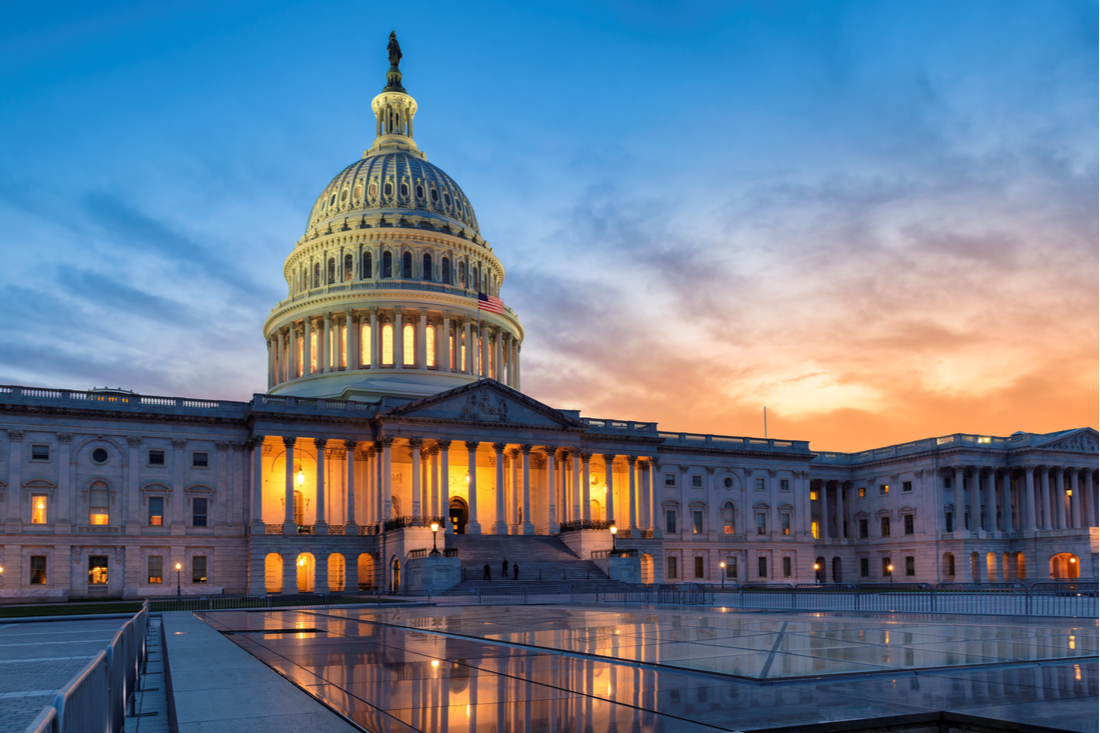
28 Jun 2021 Modernization Committee Hearing on Improving Collaboration and Civility: Key Takeaways in Uncategorized
Political polarization in Congress has been exacerbated by existing structural issues such as the congressional schedule and how committees function. To shine a light on these challenges and discuss solutions, the House Modernization Committee held a hearing to explore how to improve collaboration and civility in Congress. The House Modernization Committee was formed to make Congress more effective for all Americans, which includes addressing these systematic issues. By improving collaboration and civility in Congress, the committee’s goal is to confront these current shortcomings within the system that worsens partisanship. In turn, this makes Congress work more effectively, as members can work towards producing bipartisan solutions for the country.
The current congressional schedule allows for more recesses and breaks, as members return to their districts to see their constituents and meet less in Congress, as being in D.C. too often is considered a stigma. Additionally, when Congress does meet its members are often double or even triple booked, as they must travel from one committee hearing to the next without fully understanding the topic nor making meaningful connections with fellow committee members.
Meanwhile, the modus operandi of committee hearings encourages strong partisanship as members usually sit with their own parties and committee seats are not equally distributed amongst the two political parties. In addition, many of these hearings have devolved into partisan spectacles as individual committee members often value soundbites that resonate in their district, whilst any productive questioning often gets shorted by artificial time limits, negating any productive work these committees can accomplish.
This political polarization in Washington aided by current systematic flaws prevents Congress from getting much done legislatively. Key legislative priorities, even bipartisan ones such as strengthening America’s infrastructure, fail in Congress. This overwhelmingly fuels voters’ frustration about Congress’s inability to help in their everyday lives. Additionally, this polarization in Washington sets a bad example for the rest of the country, as congressional inaction leads to voters blaming the other party for the disfunction. Resolving congressional gridlock would set the precedence for good governance and stewardship.
At the Modernization Committee hearing, many solutions to tackle these challenges were discussed, including:
1. Reforming the congressional schedule: Allowing members to be in Washington for a longer period can foster closer connections between members of different parties. This would also include reforming the committee schedule so members are not double-booked, so committee hearings are more meaningful and members can make better connections with their fellow committee members.
2. Changing the committees’ structure: Making the committees a place in Congress where work is accomplished behind the scenes. Eliminating the five-minute rule for each committee member would allow for further discussion on an important topic, without being cut off. Committee members can also be encouraged to sit with members of the opposite party, with a good example set by having a working relationship between committee chairs and ranking members. It is also important to ensure equal representation among the parties on the different committees to foster more bipartisanship.
3. Holding bipartisan outings: Members of Congress should have opportunities to get to know their colleagues from the other side of the aisle in informal settings, such as retreats or sporting events, to foster cooperation. These retreats can focus on bipartisan groups dedicated to fixing a single issue, i.e., health care. Members should also have bicameral, bipartisan gatherings to improve the overall legislative functionality.
